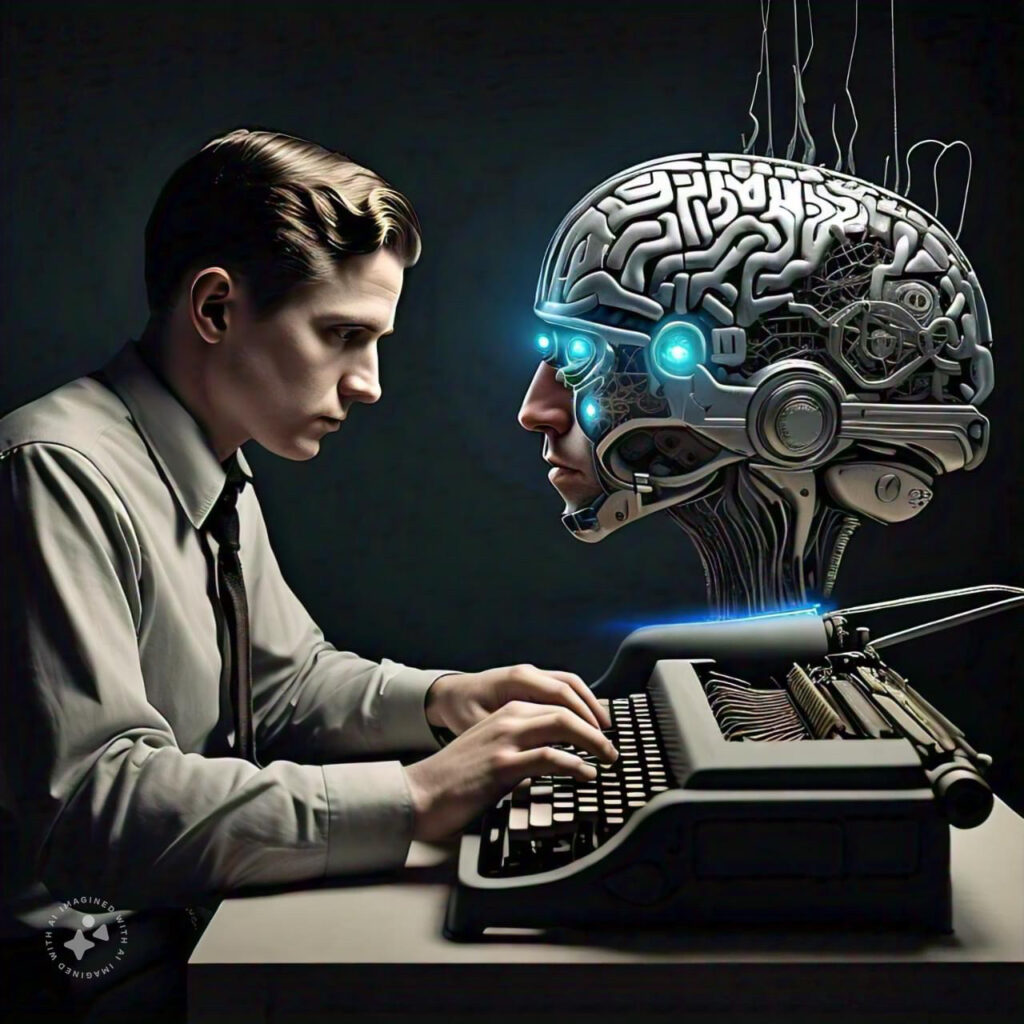
I asked ChatGPT to tell me how and why it couldn’t replace human writers and editors, and here’s the answer I got:
In recent years, advancements in artificial intelligence, particularly in natural language processing, have led to the emergence of powerful tools like ChatGPT. While these AI models can generate text, assist in brainstorming, and even mimic various writing styles, they fall short of replacing human writers and editors. Here’s an exploration of why human expertise is irreplaceable in the writing and editing process.
Understanding Nuance and Context
One of the main reasons ChatGPT cannot replace human writers is its inability to fully grasp nuance and context. Human writers draw on a wealth of lived experiences, emotions, and cultural backgrounds to create content that resonates with readers. They understand the subtleties of language—such as humor, sarcasm, and irony—that often elude AI models. For instance, a human writer can craft a narrative that reflects the complexities of human emotions, while an AI might struggle to replicate that depth.
Moreover, context is vital in writing. A skilled human writer can adapt their tone and style based on the audience, purpose, and medium of the content. They can discern when a formal tone is necessary or when a more casual approach would be appropriate. ChatGPT, while capable of adjusting its writing style to some extent, lacks the intrinsic understanding of context that a human possesses.
Creative Thinking and Originality
Creativity is another area where human writers excel. Crafting compelling stories, developing unique characters, or presenting innovative ideas requires a level of imaginative thinking that AI cannot replicate. While AI can generate text based on existing patterns and data, it does not invent ideas in the same way that humans do. Human writers draw inspiration from their personal experiences, observations, and emotions, leading to original content that reflects authentic human thought.
Additionally, the creative process often involves exploring failures and refining ideas—a journey that AI models do not undertake. Human writers can revise their work through trial and error, learning from feedback and making connections that may not be immediately obvious. This iterative process is essential for producing high-quality writing that resonates with readers.
Ethical Considerations
Ethics in writing is another significant aspect where human judgment is paramount. Human writers are capable of considering the moral implications of their words and the potential impact they may have on society. They understand the importance of sensitivity, especially when addressing topics related to race, gender, or social issues. AI, on the other hand, lacks an ethical framework and can inadvertently produce biased or harmful content if not carefully monitored.
Editors play a crucial role in maintaining the integrity of written content. They ensure that the work adheres to ethical standards, is factually accurate, and aligns with the publication’s values. While AI can assist in proofreading and suggesting edits, the nuanced understanding of ethics and responsibility in content creation remains firmly in the hands of human editors.
Building Relationships
Finally, human writers and editors build relationships with their audience, fostering a sense of connection that AI cannot achieve. Readers often engage with writers on a personal level, feeling a bond through shared experiences and emotions. This human touch enhances the reading experience, creating a community of engaged readers who appreciate authenticity.
In conclusion, while tools like ChatGPT offer valuable assistance and can enhance the writing process, they cannot replace the unique qualities that human writers and editors bring to the table. The depth of understanding, creativity, ethical considerations, and personal connections formed through human writing are irreplaceable, ensuring that the role of the human writer and editor remains vital in the ever-evolving landscape of content creation.
I couldn’t have written it better myself.
:pg
_______
Articles may be republished with the byline “By Paul Griffo” at the beginning and the following attribution at the end: “Originally published at paulgriffo.com.”
